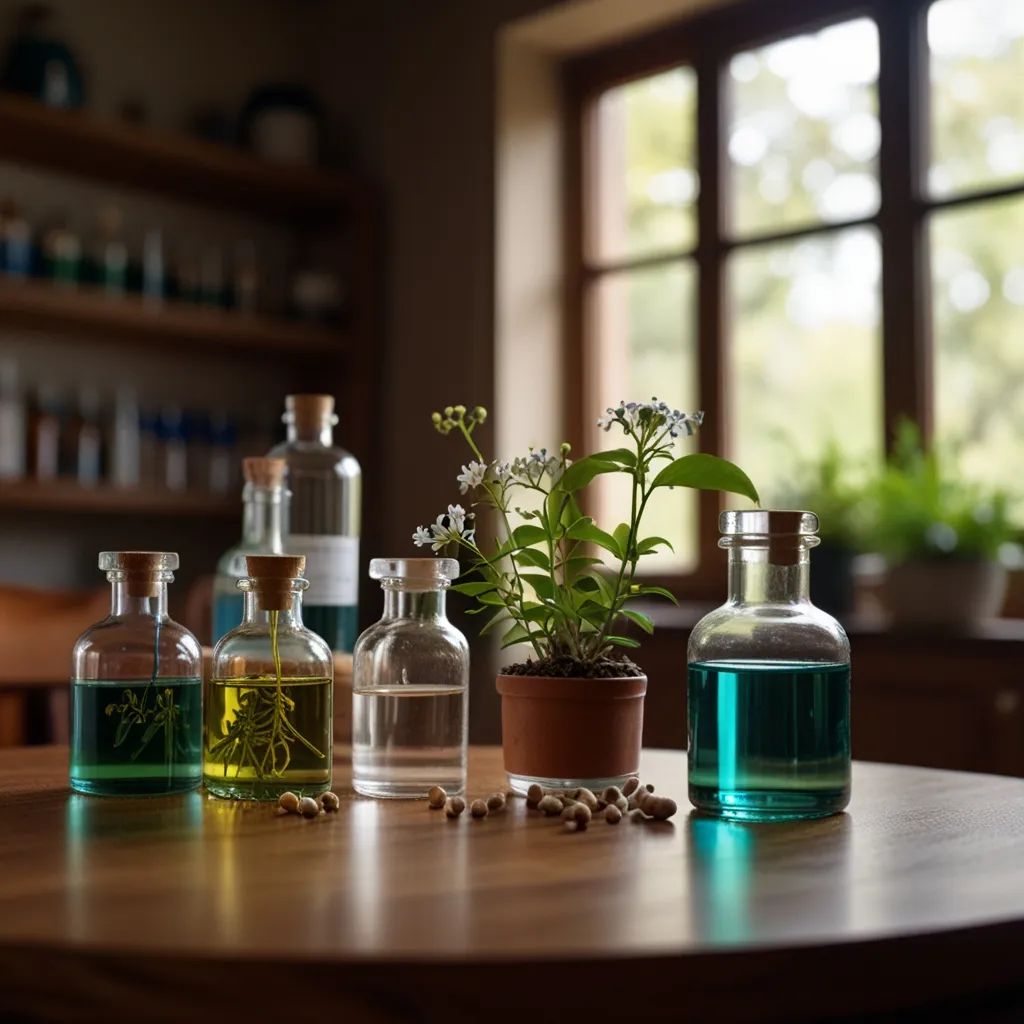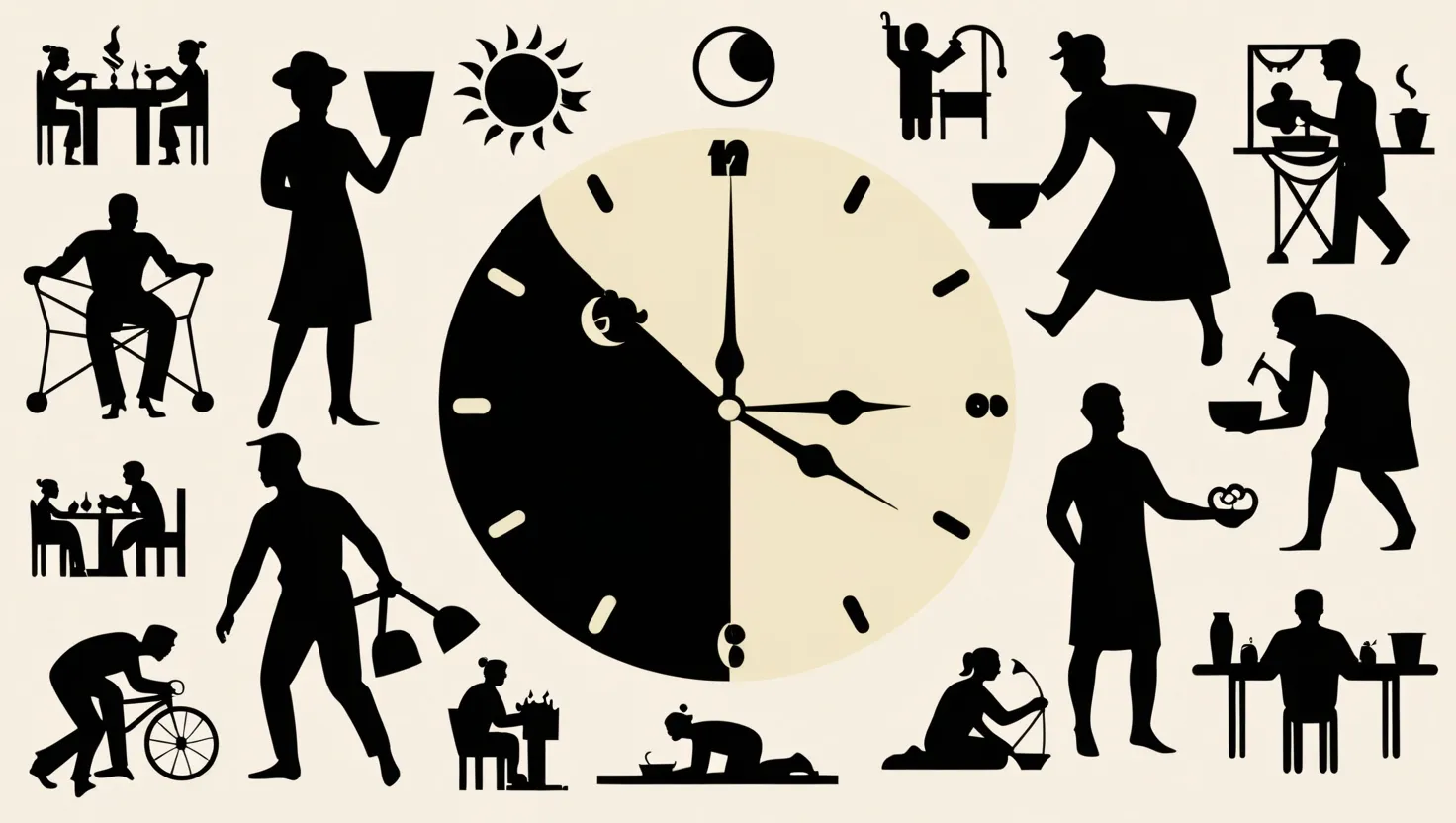Homeopathy, a centuries-old healing technique, was first developed by Samuel Hahnemann in the late 18th century. It’s grounded in a pretty unique belief: the body can heal itself, given the right nudge. Homeopaths work with small amounts of natural substances—think plants and minerals—to kickstart this process. The catch? These substances are diluted so much in water or alcohol that practically no trace of the original material remains.
The philosophy driving homeopathy is “like cures like.” This means that a substance causing symptoms in a healthy person can be used to treat similar symptoms in someone who’s unwell. Take red onion, for example. Ever noticed how it makes your eyes water? Homeopathic remedies use it to address similar symptoms in allergies, considering these highly diluted forms can steer the body toward healing itself.
Creating these remedies involves a method called potentiation. It’s a mix of dilution and vigorous shaking. Essentially, the original substance is repeatedly diluted in water or alcohol, then intensely shaken. Homeopaths believe this process imbues the mixture with an “energetic imprint” of the substance, even if no physical molecules are left behind.
One of the intriguing aspects of homeopathy is the “less is more” approach. In contrast to conventional medicine, where doses are increased based on the severity of the condition, homeopathic treatments become more potent with less. These remedies come in various forms—sugar pellets, liquid drops, creams, gels, and tablets.
A visit to a homeopath isn’t your typical quick doctor’s appointment; expect a deep dive into your health and life. These consultations are comprehensive, often therapeutic, as they allow an understanding of your condition from every angle. The homeopath will then suggest a remedy tailored to your specific symptoms, ensuring the treatment resonates with your unique needs.
Homeopathy’s effectiveness is a hot topic. Many swear by its healing prowess, citing recovery where conventional medicine might have faltered. However, scientific studies deliver mixed results. Some suggest benefits, while others see no clear therapeutic advantage. Skeptics often attribute any positive outcomes to the placebo effect, where improvements arise from believing the treatment is working rather than any inherent medicinal properties.
Safety is another area where homeopathy stirs debate. Although many remedies are so diluted they’re essentially inert, some can contain substantial active ingredients, raising concerns about side effects or interactions with other drugs. A notable incident in 2016 saw the FDA caution against homeopathic teething tablets and gels due to potential risks to infants and children.
Unlike conventional medications, homeopathic products don’t undergo rigorous testing and regulation. This lack of oversight sparks concerns about their safety and efficacy. Relying solely on homeopathy for serious or chronic conditions can be risky, potentially delaying essential conventional treatments and worsening conditions.
Despite these contentious points, homeopathy boasts a dedicated following. Many appreciate its holistic approach and gentle nudges toward healing. However, it’s vital to consult qualified healthcare professionals before integrating homeopathy into your treatment plan, especially if facing significant health issues or already taking other medications.
Summing it up, homeopathy relies on highly diluted natural substances to stimulate the body’s healing abilities. While it has ardent supporters and some report favorable outcomes, the scientific backing for its effectiveness remains limited. Approach homeopathy with an open yet cautious mind, and always seek professional advice to ensure safe and effective use.






